Aiming for fewer bottlenecks and faster commutes, USC engineers rely on artificial intelligence to bypass congestion and predict probable speeds on the road Americans spend an average of 25.4 minutes commuting to work, according to U.S. Census Bureau data. That amounts to 104 hours per year spent in traffic, with averages steadily rising every year. In Southern…
Author: Rod Yabut

USC to co-lead a National Science Foundation funded project for controlled burns and fire mitigation For the past decade in Los Angeles and the State of California, the question is not if there will be wildfires—but rather when and where they will sprout up and how to protect people from these threats. As such, firefighters…

Workspaces will listen to people, talk with them and keep them safe. What’s next? USC experts are working on it. In the 1960s the cartoon The Jetsons, the space-age family’s efficient machines took care of everyday tasks like cooking, getting dressed and flying through space. While our world is still waiting for flying cars and sassy…

USC researchers investigate crowdwork — assigning mundane tasks via a website — and determine how to help these workers feel invested in their duties. Many businesses turned to remote workers to continue their operations after states issued stay-at-home orders to reduce COVID-19 infections. It’s a trend that is likely to continue long after the coronavirus…
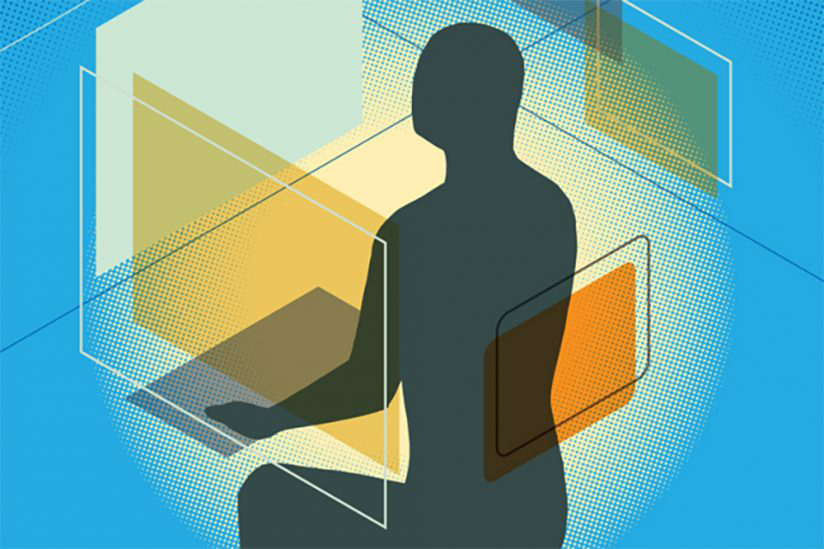
Do you want to be warm or cold? Is it time to stand rather than sit? An interdisciplinary team — made up of designers and USC professors — is using AI to create tech-savvy desks with health and well-being in mind. Statistics show that if you’re reading this at work, you’re likely indoors at a…
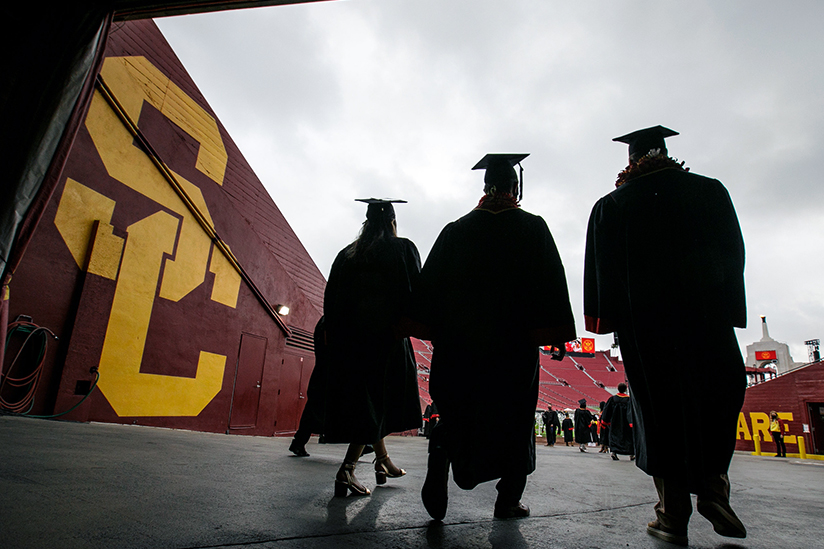
Degree will combine curricular expertise from the two schools for digital expertise in a rapidly changing world. The USC Marshall School of Business is launching a new joint undergraduate degree, Artificial Intelligence for Business, in partnership with the USC Viterbi School of Engineering. The innovative degree brings together the expertise of two of the top business…
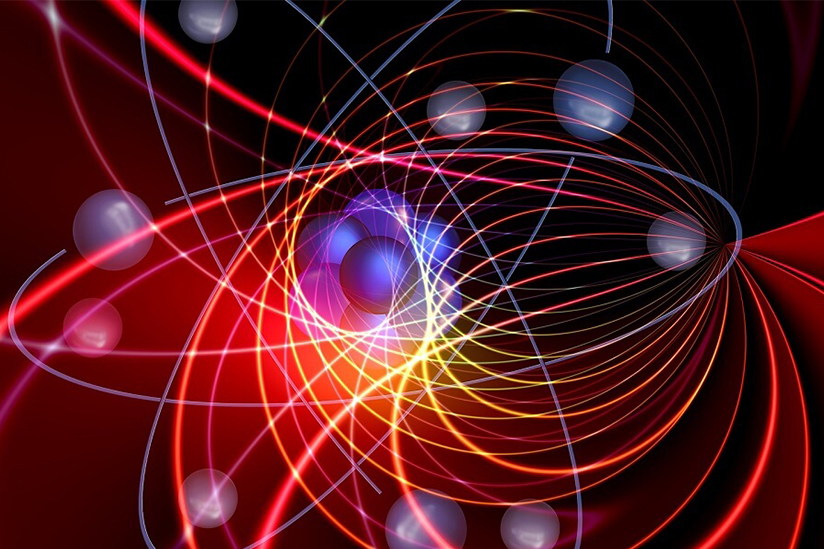
The more sensitive measurement tools are, the more information physicists can extract from quantum particles, such as photons. As most of us learned in elementary school, whether it’s from the sun or a light bulb, light is made up of particles called photons. While photons have energy and momentum, they have no mass. Yet, somehow,…
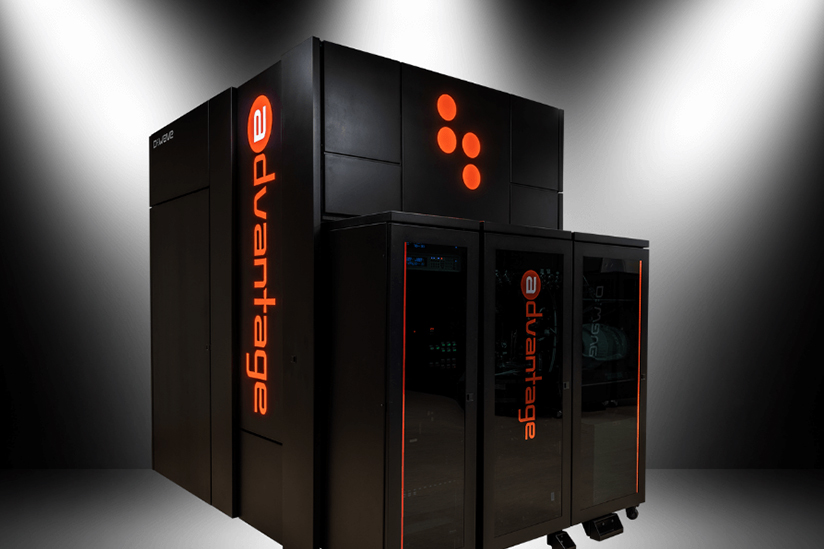
New D-Wave Advantage system, housed at the University of Southern California-Lockheed Martin Quantum Computing Center, brings quantum system and hybrid solver access to business and research clients wanting a US-based solution. USC and D-Wave Systems Inc. are launching the first 5,000+ qubit D-Wave quantum computing system physically located in the United States, designed for academic…

As life gets more digital, the need for highly secure communications is becoming more important. Telecommunications, which is what keeps us all connected in the modern world, is much more vulnerable to cyber attacks compared to other industries like banking and retail. So how can we make communications more secure? The Lab for Quantum Limited Information (QLIlab) is answering…
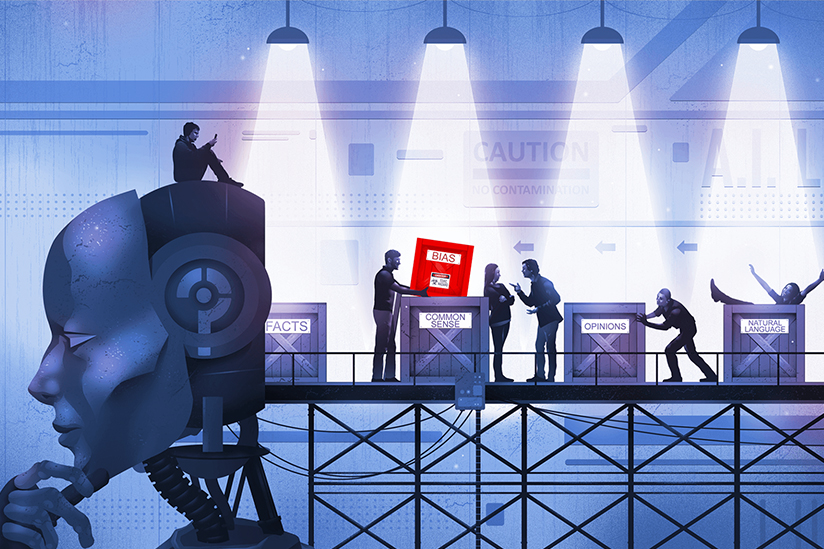
A team of researchers from the USC Information Sciences Institute studied two AI databases to see if their data was fair. They found that it wasn’t. Water is wet. Dogs bark. There are 24 hours in a day. The Earth is round. (We checked.) Those facts are what we call common knowledge: statements about the…
